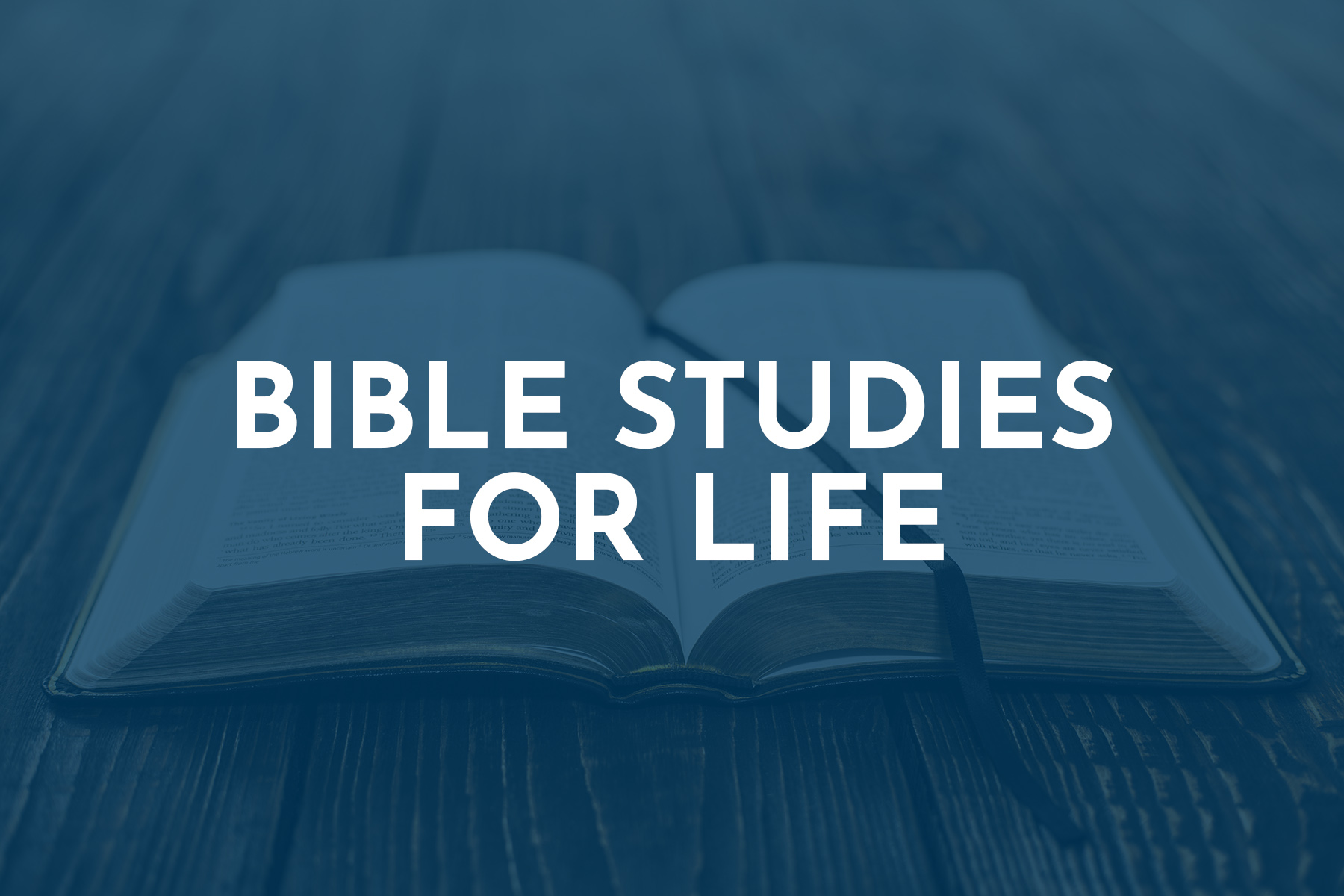God’s Promise of Fruitfulness • Genesis 1:26-30; 2:16-17; 3:16-19
By Jessica McMillan

Many people take great delight in cultivating delicious vegetables from their garden or masterfully landscaping their yard. Others like to do woodworking projects that they dream up from looking at freshly cut timber. Do you have a favorite pet? Lots of people get great enjoyment from training and living with a special animal. A solid understanding of imago dei, being made in God’s image, informs and affects believers by providing a biblical framework for interacting with God’s creation — whether that be animals, plants, or people. A distorted understanding of imago dei can lead to faulty perceptions and selfish actions that are unkind and even sinful.
Genesis 1:26-30
Part of being made in God’s image means that we are creative beings. The “big c Creator” made us to be “little c creators.” If you enjoy working with your hands in the soil, tending to your furry friends, or maintaining a vegetable or animal farm, you can thank God for making you in His image. Bruce McCormack, Professor Emeritus of Systematic Theology at Princeton Theological Seminary, states that the doctrine of imago dei is “about what makes us like God, not what makes us different from the rest of creation.” And according to Eric Grudem, (Systematic Theology: An Introduction to Biblical Doctrine, Grand Rapids, MI: Zondervan, 1994) the following seven attributes make us like God:
1) We are SPIRITUAL beings
2) We are PERSONAL beings.
3) We are MORAL beings.
4) We are RELATIONAL beings.
5) We are RATIONAL beings.
6) We are EMOTIONAL beings.
7) We are CREATIVE beings.
God’s image is central to human existence. (v.27) As the pinnacle of creation, only humans carry His likeness and have the capacity to interact with Him in close relationship. This concept implies that every person, regardless of any external factors, is worthy of dignity and respect. Grudem also states, “Every single human being, no matter how much the image of God is marred by sin, or illness, or weakness, or age, or any other disability, still has the status of being in God’s image and therefore must be treated with the dignity and respect that is due to God’s image-bearer.” (Grudem, 450)
Like mirrors, windows, or even selfies, we serve as reflectors. But sometimes, we get things twisted up and don’t actually reflect Him — we reflect who or what we “think” He is or just disregard the idea completely, reflecting our selfish and sinful nature. This is why some image bearers fall into sins like deceit, theft, greed, gossip, slander…you name it. What we should be reflecting, we are not.
Genesis 2:16-17
Mankind was created in God’s image with instructions on how to live in the beautiful place He had made. The first people were to 1) rule over and subdue creatures of land and sea, 2) be fruitful and multiply — fill the place up, and 3) take food from this wonderful garden, except for one tree.
The enemy twisted the words of God to cause the couple to question what God had really said. “Did God really say, ‘You must not eat from any tree in the garden’?” (Genesis 3:1 NIV) Even in his question to the woman, the enemy misquoted what God had actually said in Genesis 2:16-17. “You are free to eat from any tree in the garden; but you must not eat from the tree of the knowledge of good and evil, for when you eat from it you will certainly die.” Then in her reply, the woman continued to add to what God had said, “We may eat fruit from the trees in the garden, but God did say, ‘You must not eat fruit from the tree that is in the middle of the garden, and you must not touch it, or you will die.’” (Genesis 3:2-3 NIV)
Maybe the first couple thought it was best to not even touch the tree, but this was not part of what God had said. God’s best was that they live in obedience and loyalty, but they allowed doubt to crowd in, twisting their perception of reality. God gives us parameters for our own protection. Blurred boundaries are dangerous, and when we don’t maintain solid and healthy ones, we can find ourselves (and others with us) on the slippery slope headed into disaster.
Genesis 3:16-19
The decision to disobey God in the garden resulted in some lasting consequences: “painful labor” (v.16) for her and “painful toil” (v.17) for him. Even future enjoyment of the animals and plants that God had given for the good of humans as well as the command to “be fruitful and multiply” would now cause pain. Disobedience to God leads to painful consequences — not just for the first man and woman, but for all people for all time.
Even in our fragile humanity, God gives us good things and entrusts us with important roles for His honor. First, we are image-bearers and are called to reflect His image. A proper understanding of imago dei should transform our attitudes and beliefs regarding abortion, end of life discussions, and other issues of human dignity. As we reflect His image, it matters how we treat others. Second, we are called to live in obedience and loyalty. Recognizing that God sets boundaries for us and that they are good, we can trust Him as we seek to follow Him obediently. Finally, while it may not be pleasant and may even bring physical pain, we are allowed to be stewards of creation. God, in His infinite wisdom and goodness, remains faithful to His promises even though we distort His image within us through our sin.
McMillan is a member of Prentiss Church, Prentiss.




